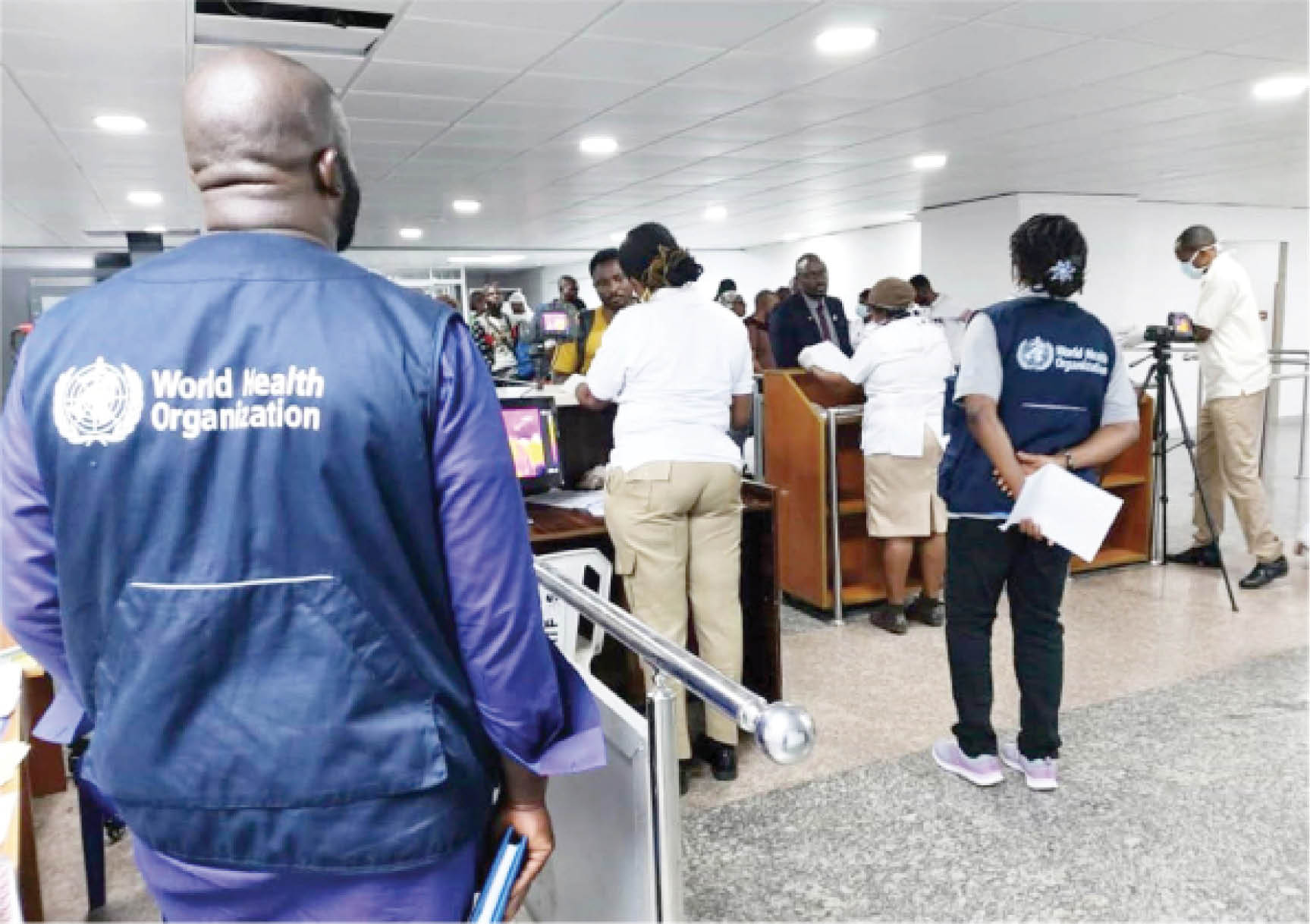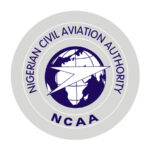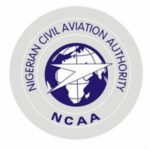The revenue stream of the Nigeria Civil Aviation Authority (NCAA), the apex aviation regulatory authority, has shrunk by 90 percent between January and May following the outbreak of the COVID-19 pandemic.
The Director-General of the authority, Captain Musa Nuhu, who revealed this on Friday, also warned that many holders of Air Operator’s Certificate (AOC) in Nigeria may not survive the COVID-19 crisis following the flights’ restriction put in place to contain the spread of the pandemic.
He spoke at the Webinar on “the impact of COVID-19 on the Aviation Sector: The Way forward”.
- Senate sets up joint committee over COVID 19 effect on Nigerian economy
- Aviation agencies get 45 days to relocate headquarters to Abuja
Daily Trust reports that aviation in Nigeria has been grounded following the suspension of flights on March 27 by all the airlines.
The suspension has been extended by another month.
Nuhu, in his presentation, noted that many airlines all over the world may not survive the COVID-19 crisis as the big carriers have continued to lay off workers, saying Nigerian airlines are not insulated from the crisis.
He noted that while IATA has projected $900million loss for Nigerian airlines, the loss is going to be seven times higher in the entire aviation.
Nuhu reiterated that the loss of revenues by the Nigerian airlines following the flight suspension has put a lot of burden on the regulatory body as it is a safety issue.
“Under the Civil Aviation Regulations, one of our duties is economic regulations of the airlines, to help the airlines survive but the COVID-19 has really set us back greatly,” he said.
He emphasized that about 80 percent of the NCAA’s revenues come from the Ticket Sale Charge and Cargo Sale Charge (TSC/CSC), disclosing that between January to date (May 15), the revenue of the NCAA dropped by 90 percent.
The DG, however, disclosed that the Federal Government is committed to assist the airlines in their recovery plan, saying the Minister of Aviation, Senator Hadi Sirika, had directed the authority to come up with measures to assist the airlines.
He said: “It is a huge problem for us as a regulatory body but we can get out of this working together.
“The regulator, service providers, must work together because if we don’t do that, it will be a total disaster.”
Other speakers at the session include President of Sabre Travel Network, Dr. Gbenga Olowo; Chief Executive Officer of Aero Contractors, Capt. Ado Sanusi; Executive Chairman of Phillips Consulting, Mr. Folusho Phillips; Managing Director of Business Travel Limited, Lola Adefope; and Country Manager of Qatar Airways, Mr. Kennedy Chirchir.
It was moderated by the immediate past President of the National Association of Nigerian Travel Agencies (NANTA), Mr. Bankole Bernard.
Many of the speakers said the focus should now be on rebuilding travellers’ confidence after the COVID-19 crisis.
The CEO of Aero Contractors expressed confidence that though recovery globally may take the next three to four years, aviation especially the airline industry will still survive as it remains the best and safest means of transportation particularly in Nigeria where other means of transportation are comatose.
Capt. Sanusi noted that physical distancing in an aircraft might not be realistic, saying, “We only need to make the passengers comfortable.”
Dr. Olowo of Sabre Travel Network said the COVID-19 crisis has further highlighted the need for airlines to tinker with their business model and diversify.
He recalled that airlines in the 70s and 80s got the business model right by delving into hotel business, cargo business, and establishing farm where they produced all the food items needed on board.
He said since the COVID-19 pandemic started and the subsequent travel restrictions, the number of bookings by travel agencies dropped by 353,000 in March compared to March 2019.
“In April, it collapsed by another 17 percent.
“How do we continue with these negative losses?
“We need to revisit our business model,” he said.
On her part, the MD of Business Travel Management said the challenge created by the COVID-19 crisis lies in the lower volume of travels both at the leisure and business sides.
She said: “We need to work together both as airline and travel agencies to rebuild travel confidence.
“Certainly, we may not see the rate of volume of business travel into city hubs where for instance you hold a meeting in London, have dinner in Paris and so on.
“People will be more circumspect about where they travel to and whether it is necessary.”

 Join Daily Trust WhatsApp Community For Quick Access To News and Happenings Around You.
Join Daily Trust WhatsApp Community For Quick Access To News and Happenings Around You.

